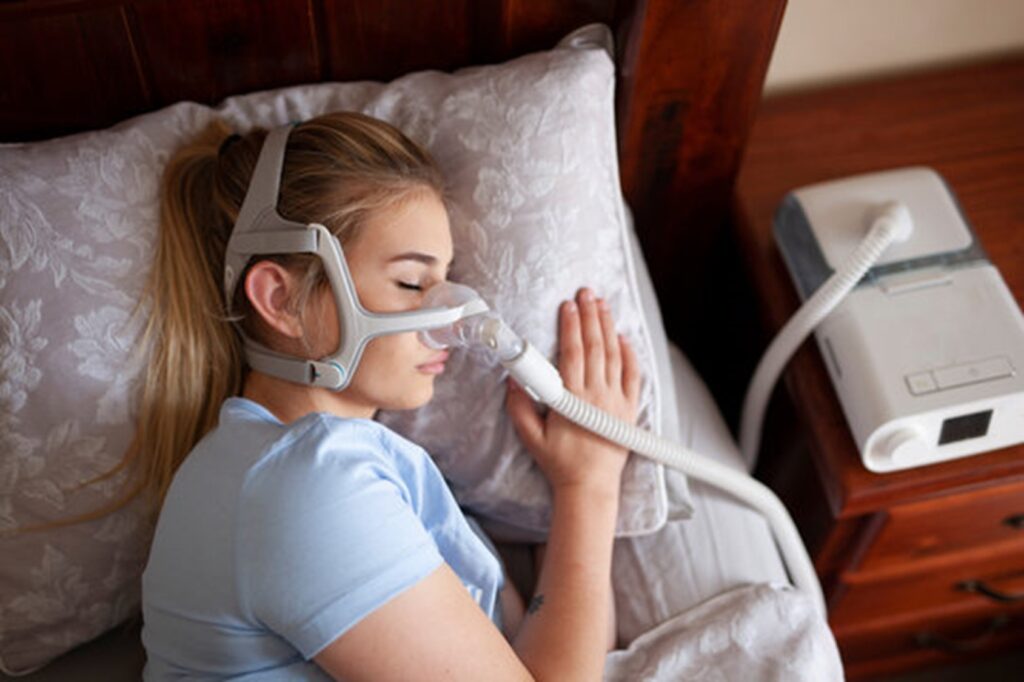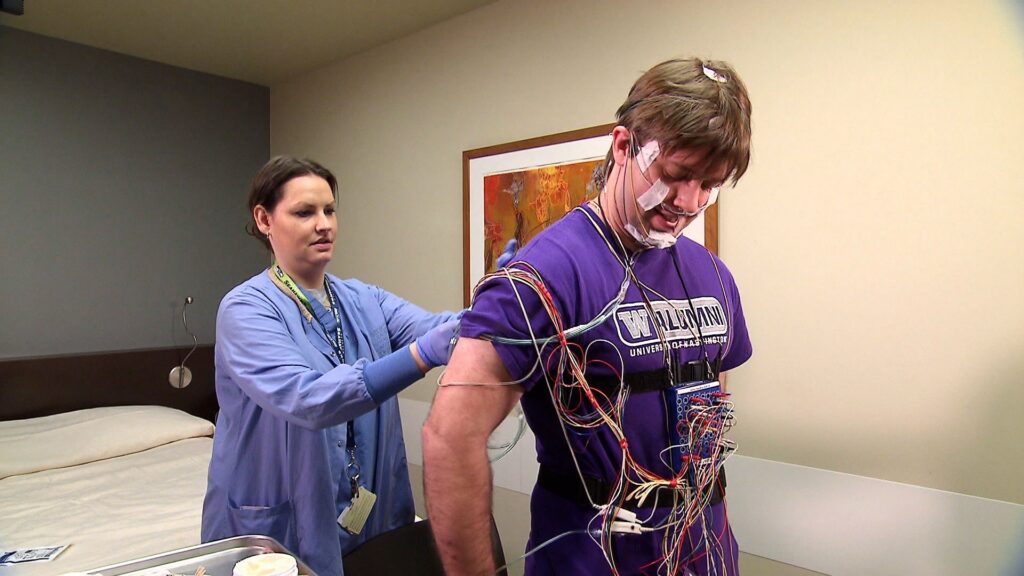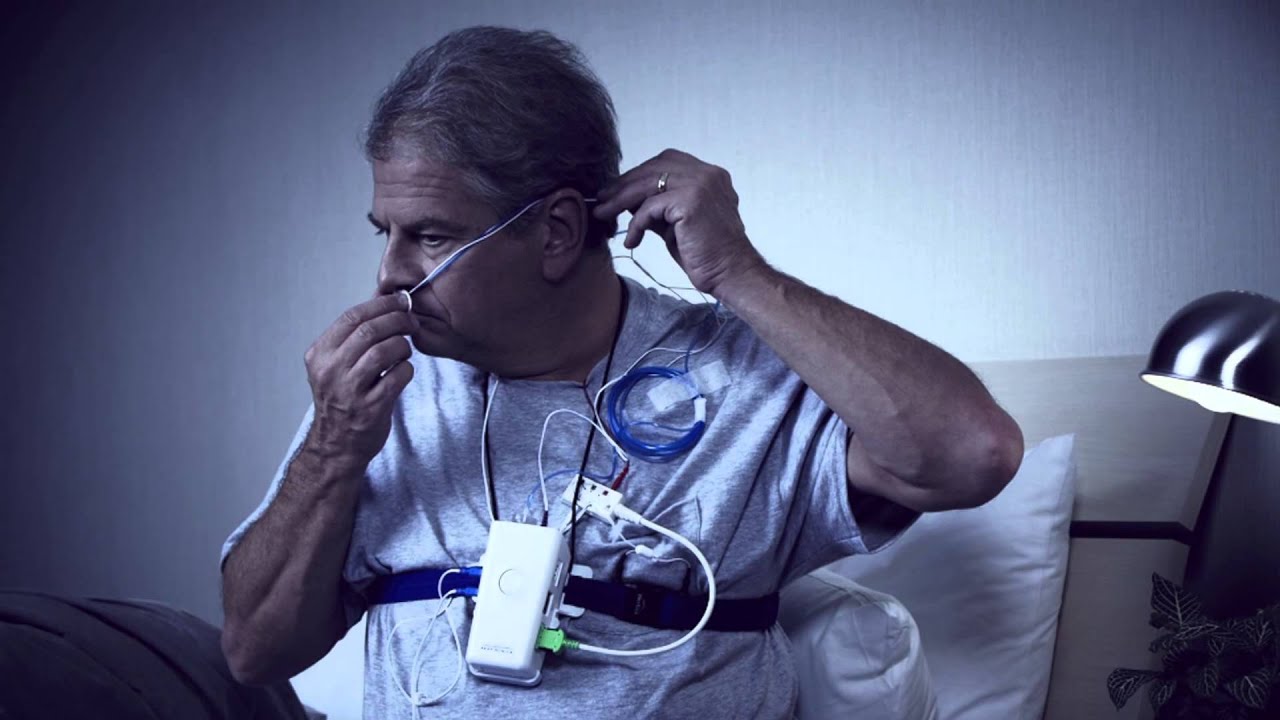Waking up feeling tired and groggy is something we’ve all experienced at some point. But for some, these feelings persist and can significantly impact their daily lives. Sleep disorders are a common problem that affects millions of people worldwide, yet they often go undiagnosed and untreated. Understanding the importance of a comprehensive sleep test is crucial in identifying and managing these disorders effectively.
Understanding Sleep Disorders
Sleep disorders refer to a wide range of conditions that disrupt normal sleep patterns and can adversely affect a person’s overall health and well-being. These disorders can be classified into various types with the help of sleep disorders test, each with its unique characteristics and symptoms. Recognizing the signs and symptoms is essential for accurate diagnosis and appropriate treatment.
Common Types of Sleep Disorders
1. Insomnia:
This condition is characterized by difficulty falling asleep, staying asleep, or both. Individuals with insomnia often feel tired and irritable during the day, impacting their productivity and quality of life.
2. Sleep Apnea:
Sleep apnea is a disorder in which breathing repeatedly stops and starts during sleep. It can lead to daytime sleepiness, fatigue, and an increased risk of other health problems, including cardiovascular diseases.
3. Restless Legs Syndrome (RLS):
RLS causes an uncontrollable urge to move the legs, often accompanied by uncomfortable sensations. This can interfere with sleep and result in daytime drowsiness.
4. Narcolepsy:
Narcolepsy is a neurological disorder that affects the brain’s ability to regulate sleep-wake cycles. People with narcolepsy experience excessive daytime sleepiness and sudden, uncontrollable bouts of sleep.
Symptoms and Signs of Sleep Disorders
The symptoms of sleep disorders can vary widely depending on the specific condition. Common signs include:
- Difficulty falling asleep or staying asleep
- Excessive daytime sleepiness
- Loud snoring
- Gasping or choking during sleep
- Restless leg movements
- Difficulty concentrating
If you experience any of these symptoms regularly, it is important to consult a healthcare professional for an accurate diagnosis.
The Role of Comprehensive Sleep Tests
Comprehensive sleep tests, also known as polysomnography, are diagnostic tools used to evaluate sleep disorders. These tests go beyond self-reporting symptoms and provide objective data that helps healthcare professionals understand the underlying causes of sleep disturbances.
What is a Comprehensive Sleep Test?
A comprehensive sleep test involves monitoring various physiological parameters during sleep. This includes:
- Brain activity (EEG)
- Eye movements (EOG)
- Muscle activity (EMG)
- Heart rate and rhythm
- Blood oxygen levels
- Breathing patterns
All these measurements are conducted in a sleep lab or specialized facility, allowing sleep specialists to analyze and interpret the data accurately.

Benefits of Comprehensive Sleep Testing
There are several benefits to undergoing a comprehensive sleep test:
- Accurate Diagnosis: Comprehensive sleep testing provides objective data, allowing healthcare professionals to accurately identify the type and severity of sleep disorders.
- Tailored Treatment Plans: With accurate diagnosis, healthcare professionals can create personalized treatment plans that address the specific needs of individuals with sleep disorders.
- Identification of Underlying Health Issues: Sleep disorders are often associated with other medical conditions. Comprehensive sleep testing can help identify potential underlying health issues that may contribute to sleep disturbances.
- Monitoring Treatment Efficacy: Following treatment, repeat sleep testing can assess the effectiveness of therapy, guiding adjustments if necessary.
The Process of Sleep Testing
Preparing for a Sleep Test
Prior to the sleep test, it is essential to follow specific guidelines provided by the sleep center. These may include avoiding caffeine and alcohol, adhering to regular sleep schedules, and limiting daytime napping.
On the day of the test, it is advisable to arrive at the sleep center early to allow time for paperwork and to get acclimated to the surroundings.
What to Expect During the Test
Once settled in the sleep center, a technician will apply sensors to various parts of your body to monitor sleep-related activities. These sensors are painless and non-invasive.
Your sleep will be monitored throughout the night, and the technician will be available to address any concerns or discomfort you may have. The goal is to create a comfortable environment that allows for a typical night’s sleep.
Once the test is complete, the collected data will be carefully analyzed by sleep specialists to determine the presence and severity of any sleep disorders.
Interpreting Sleep Test Results
Understanding Your Sleep Test Report
After the sleep test, you will receive a detailed report summarizing the findings. Understanding the information in the report is essential for initiating appropriate treatment and managing your sleep disorder effectively.
Consulting with a sleep specialist will help clarify any questions or concerns you may have.

Next Steps After Diagnosis
Upon receiving a sleep disorder diagnosis, your healthcare provider will work with you to develop a comprehensive treatment plan tailored to your specific needs. Treatment strategies can vary widely depending on the type and severity of the sleep disorder.
Effective treatment may involve a combination of behavioral and lifestyle changes, including establishing a regular sleep schedule, implementing relaxation techniques, and adopting good sleep hygiene practices.
In some cases, medication or other therapies may be recommended to address specific symptoms or underlying causes of sleep disorders.
Treatment Options for Sleep Disorders
Behavioral and Lifestyle Changes
Behavioral and lifestyle changes are often the first line of treatment for sleep disorders. These may include:
- Establishing a consistent sleep schedule
- Creating a sleep-friendly environment
- Practicing relaxation techniques
- Avoiding stimulants such as caffeine
- Engaging in regular physical exercise
Medications and Therapies for Sleep Disorders
In cases where behavioral and lifestyle changes are insufficient, healthcare professionals may recommend medications or therapies to manage sleep disorders. These can assist in improving sleep quality and reducing the severity of symptoms.
Medications used for sleep disorders may include sedatives, hypnotics, or medications that address specific underlying causes. Therapies such as Cognitive Behavioral Therapy for Insomnia (CBT-I) can also be effective in modifying sleep behaviors.
In conclusion, identifying sleep disorders through comprehensive sleep testing plays a crucial role in managing these conditions effectively. By understanding the different types of sleep disorders, recognizing their symptoms, and undergoing accurate diagnosis, individuals can receive appropriate treatment and improve their quality of sleep and overall well-being.
See Also: Sydney Sleep Test for Finding Solutions for Sleep Disorders

